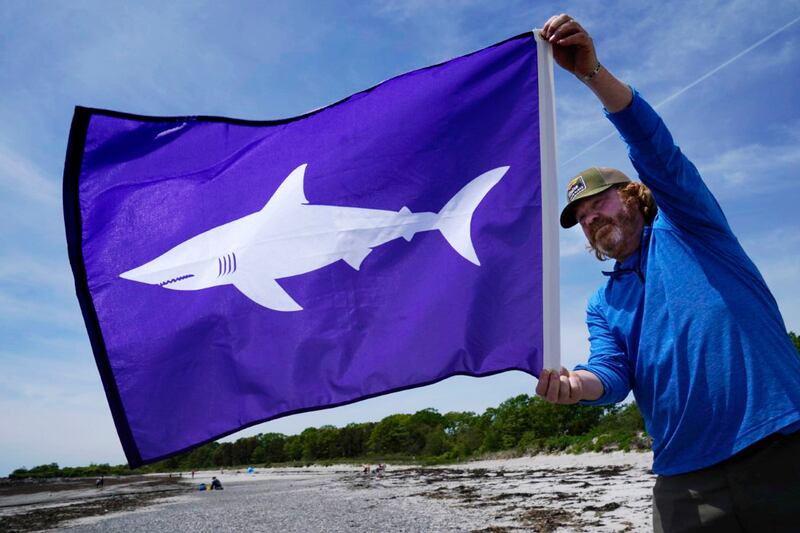Sharks don’t attack us, according to wildlife officials. But is there any teeth to that idea?
Well, it’s certainly caught the attention of wildlife officials and researchers, who suggested recently that “shark attacks” isn’t an accurate description of how sharks interact with humans.
Rather, researchers have decided to use phrases such as “bites,” “incidents” and “encounters” when describing shark interactions with humans, according to The Sydney Morning Herald.
Shark scientists don’t want people to use sensational language when describing incidents with sharks, according to The New York Times.
However, some officials in the U.S. and Australia said they had chosen language for precision — but not because of political correctness or any pressure from animal activists, according to The New York Times.
“I can understand the sort of pushback to what we’re talking about, as a shift to kind of comical euphemism,” said Catherine Macdonald, director of the Field School, a research institute in South Florida, according to The New York Times. “But I think that some of the shifts being described are actually a push toward greater accuracy and detail.”
Just so you know, there are fewer shark incidents happening around the world, as I wrote about for the Deseret News.
- A 2020 report from the University of Florida’s International Shark Attack File — which was written before the coronavirus pandemic — found that there were 64 unprovoked shark incidents around the world in 2019.
- Per year, the average hovers around 82 incidents, USA Today reports.
And, as a reminder — sharks are cool.


